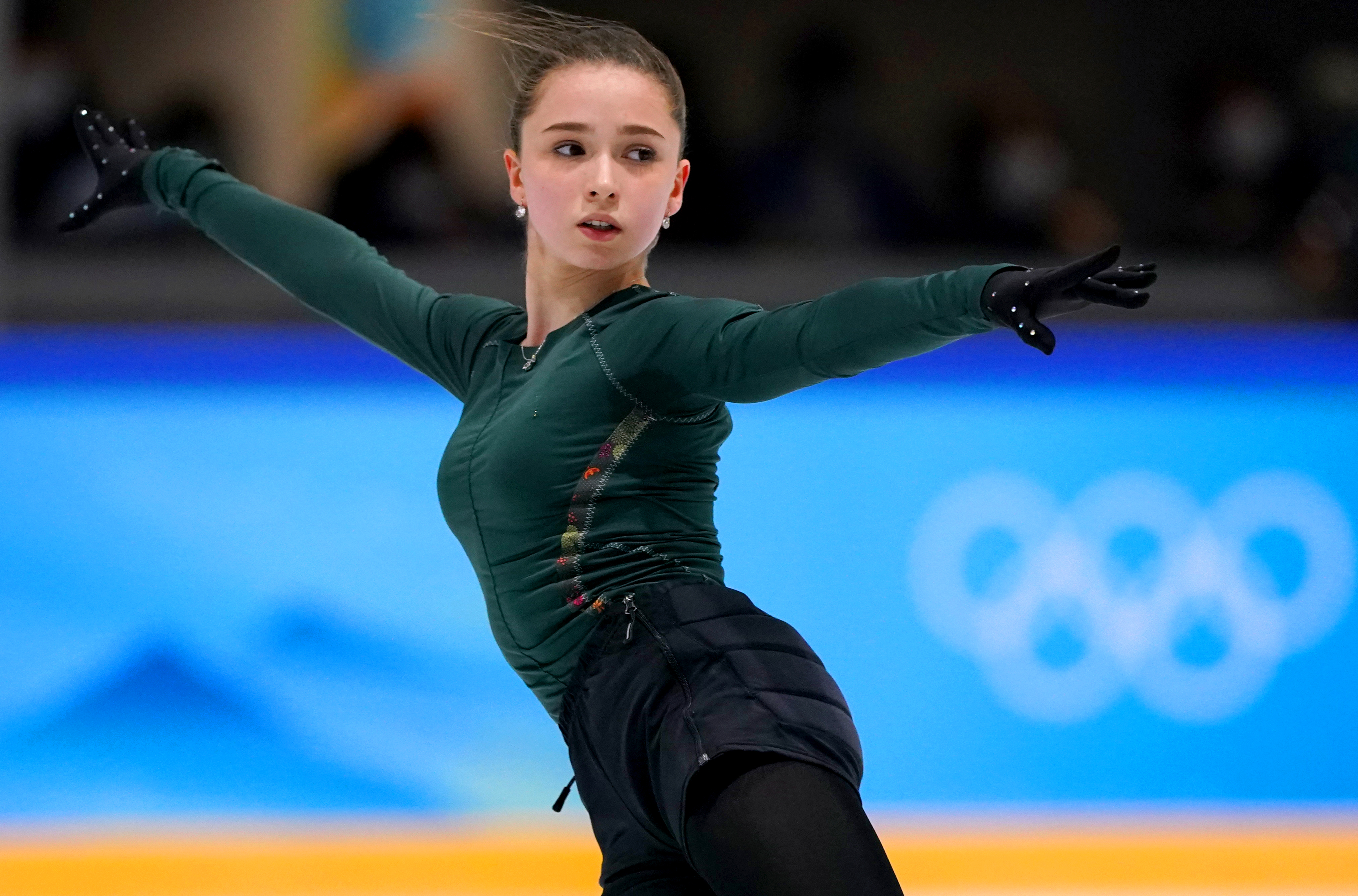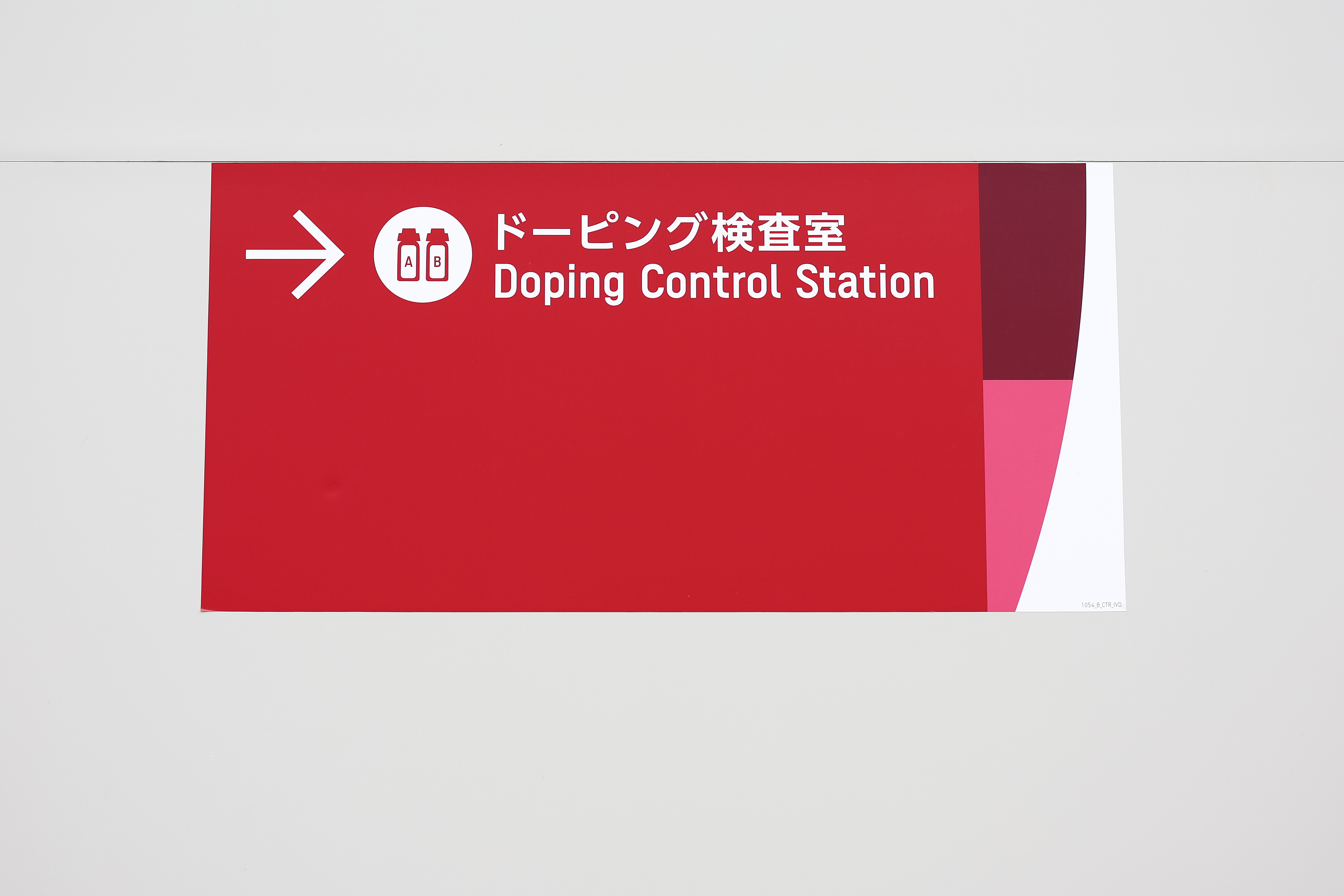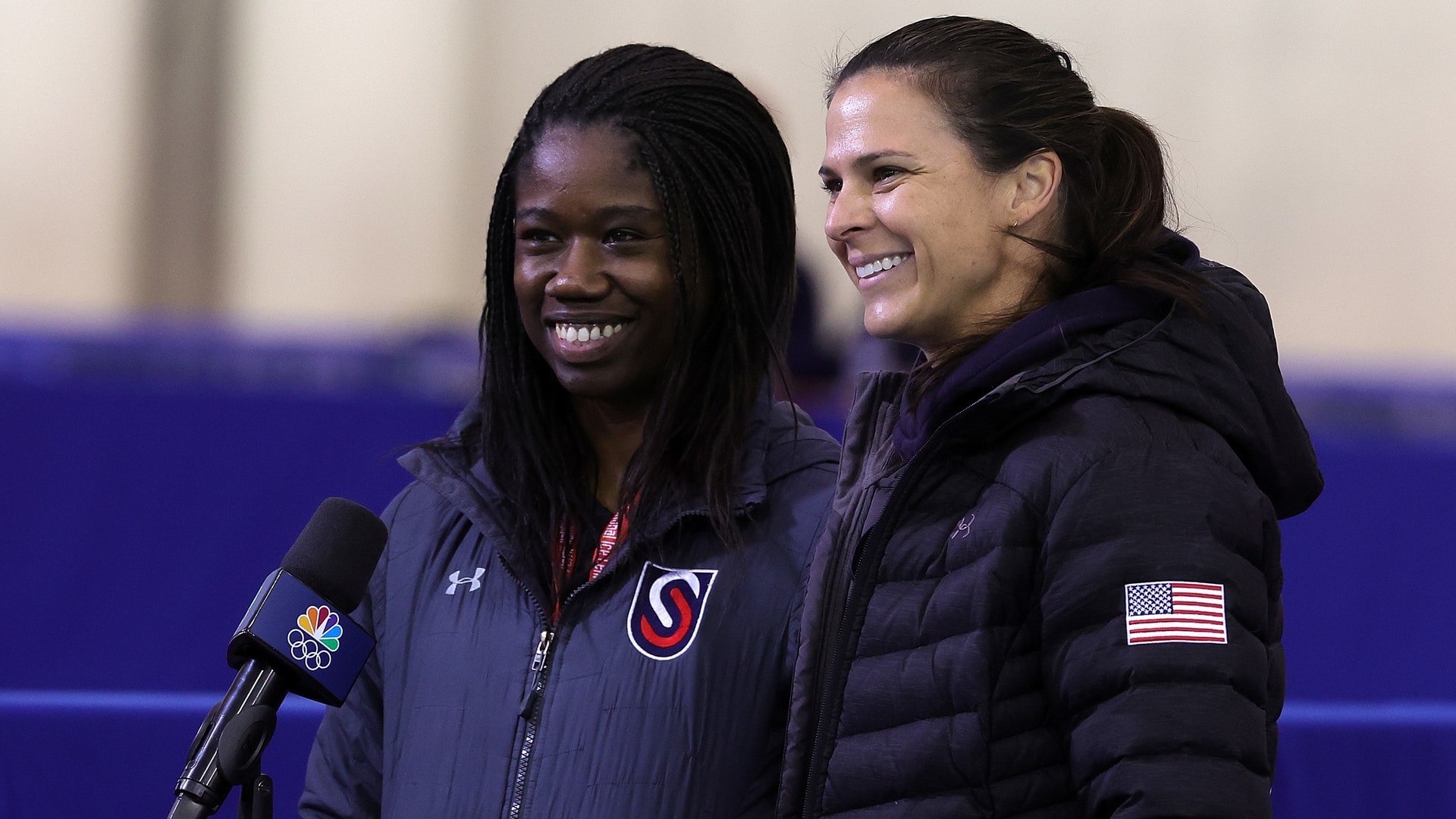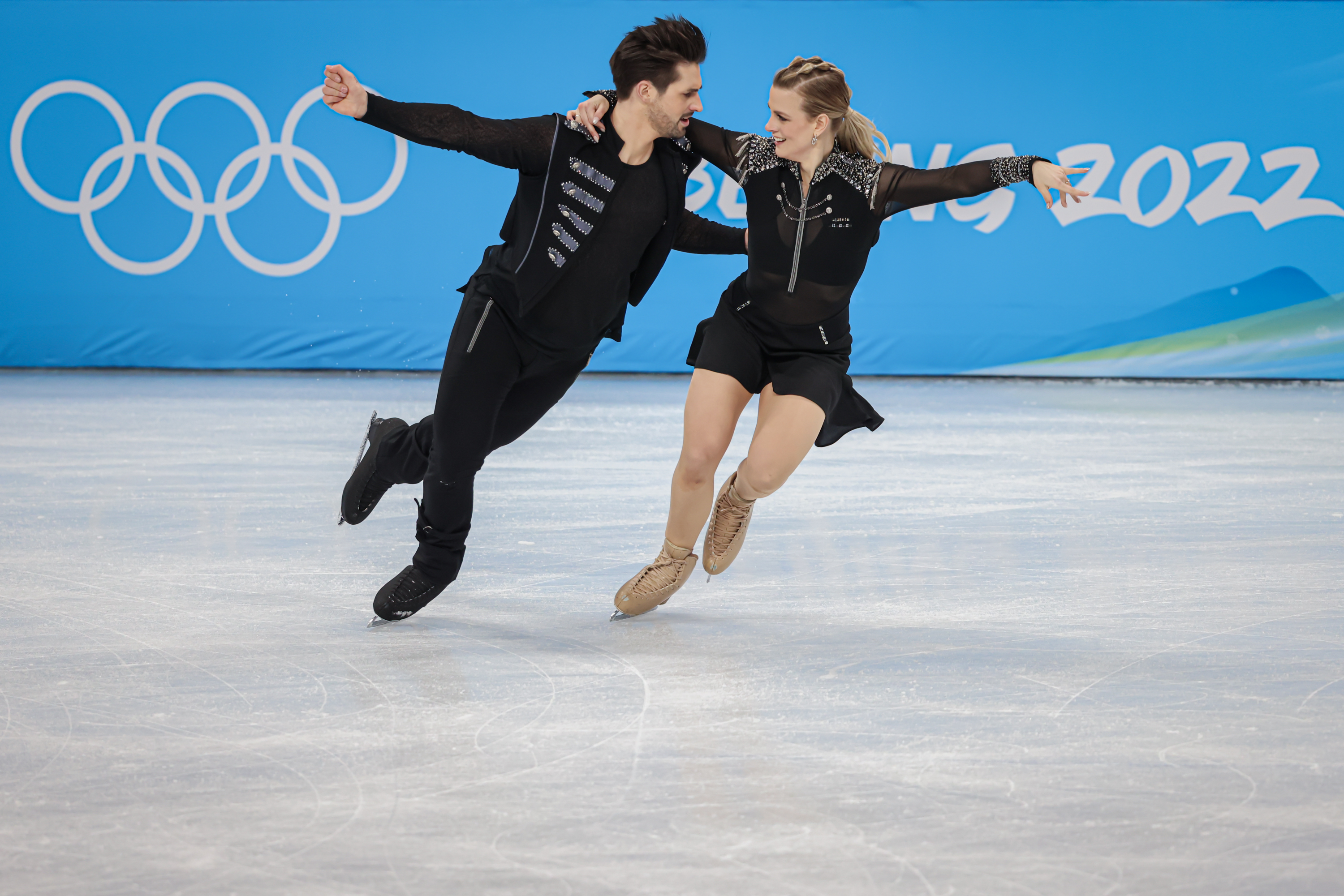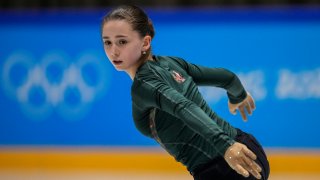
Kamila Valieva, of the Russian Olympic Committee, trains at the 2022 Winter Olympics, Saturday, Feb. 12, 2022, in Beijing. (AP Photo/Bernat Armangue)
Kamila Valieva is one of the biggest talents in figure skating and was expected to be one of the most watched athletes at the Beijing Olympics.
It hasn't worked out exactly as expected.
The 15-year-old figure skater found herself late Sunday in a situation unimaginable just one wild week earlier — testifying by video to three judges in a legal fight to salvage her right to compete.
How did it come to this for the Russian potential superstar?
Get Tri-state area news delivered to your inbox. Sign up for NBC New York's News Headlines newsletter.
WHO SHE IS
Valieva is the world's best female figure skater right now. At 15, she holds the world-record scores in short program, free skate and total score.
In her debut season at senior level, she is the Russian national champion, European champion and a two-time winner at Grand Prix events.
AT THE OLYMPICS
Valieva arrived in Beijing favored to win the women’s individual title. First, she competed in the team event.
She became the first woman in Olympic history to land a quad jump and helped the Russian team easily win gold ahead of the second-place United States.
THE DOPING CASE
After Valieva skated Monday, a testing laboratory in Stockholm, Sweden, flagged up one of her urine samples from December. It tested positive for trimetazidine, a heart medication banned in sports.
The sample was given Dec. 25 at Russian nationals in St. Petersburg. Any sample given by Valieva at the Olympics has come back clean.
Why it took six weeks to get the test result is unclear. A January surge of COVID-19 cases in Stockholm is a possible factor.
Russia’s anti-doping agency, known as RUSADA, will decide that doping case. It must weigh punishments for Valieva and, more likely, her entourage of coaches and doctors.
But not yet. That investigation might take months and the verdict could lead to appeals. Only when that process is done will the Olympic team event result be finalized.
WHAT HAPPENS NOW
Three CAS judges, men from Italy and the United States and a woman from Slovenia, are deciding if Valieva can compete in the individual event.
The short program is Tuesday evening and the free skate is Thursday.
RUSADA gave her a provisional suspension for the drug tests, then lifted it a day later, freeing her to compete. The decision to lift the suspension was appealed by the International Olympic Committee, the World Anti-Doping Agency and International Skating Union.
The judges are supposed to focus on whether Valieva should be provisionally suspended from the ice pending the long-term investigation. CAS expected its appeal hearing to last into early Monday morning in Beijing.
Because she is 15, Valieva has protections in the World Anti-Doping Code rule book that shift responsibility to a minor’s entourage.
The judges must aim for a ruling that is proportionate — balancing potential damage to an athlete’s career against protecting her opponents' rights and the integrity of an Olympic event.
Other Olympic News
THE FUTURE
CAS should announce its judges’ ruling Monday afternoon in Beijing, about 24 hours before the women’s short program starts.
If she is cleared, the IOC will likely present the team event medals this week to the Russians, Americans and third-placed Japan.
More legal contests and appeals are likely ahead. If the eventual ruling is that Valieva should have been banned, then she risks being disqualified from the Olympics. It depends how long the ban and when it's backdated to start.
Any medals she won - including the team gold - could be thrown out, and other competitors would be moved up.

